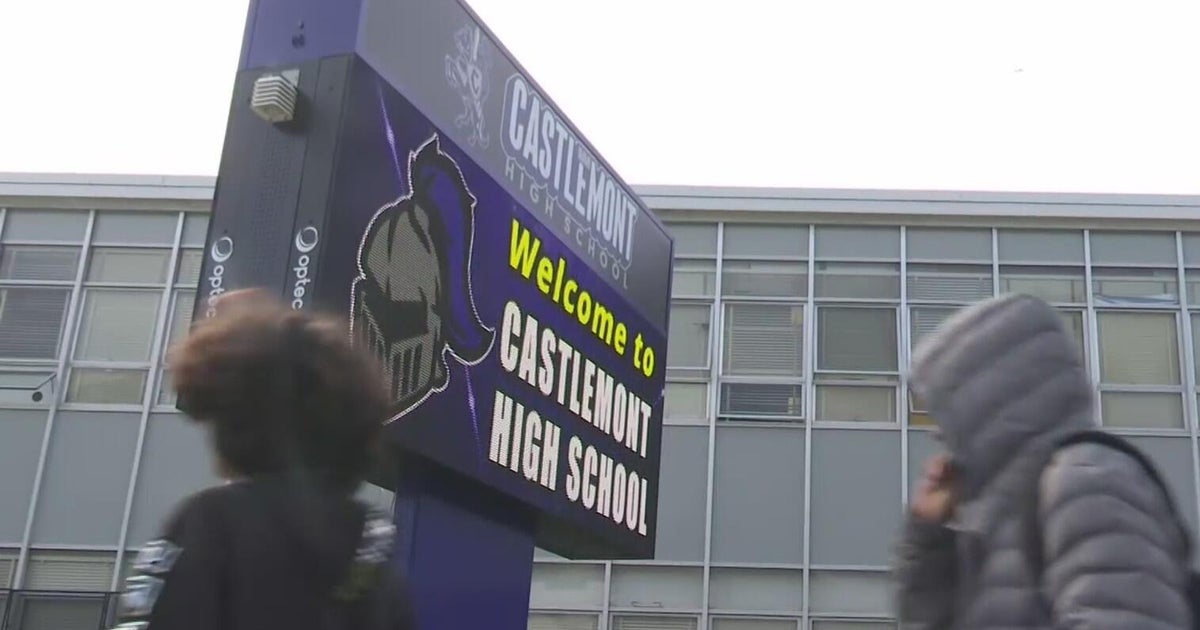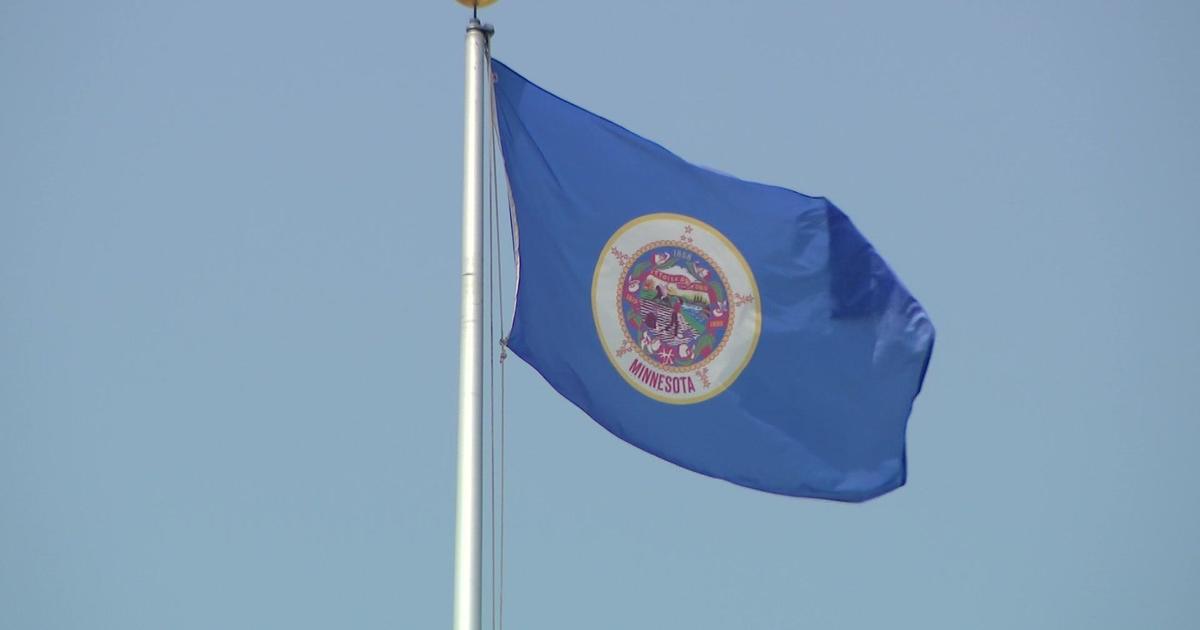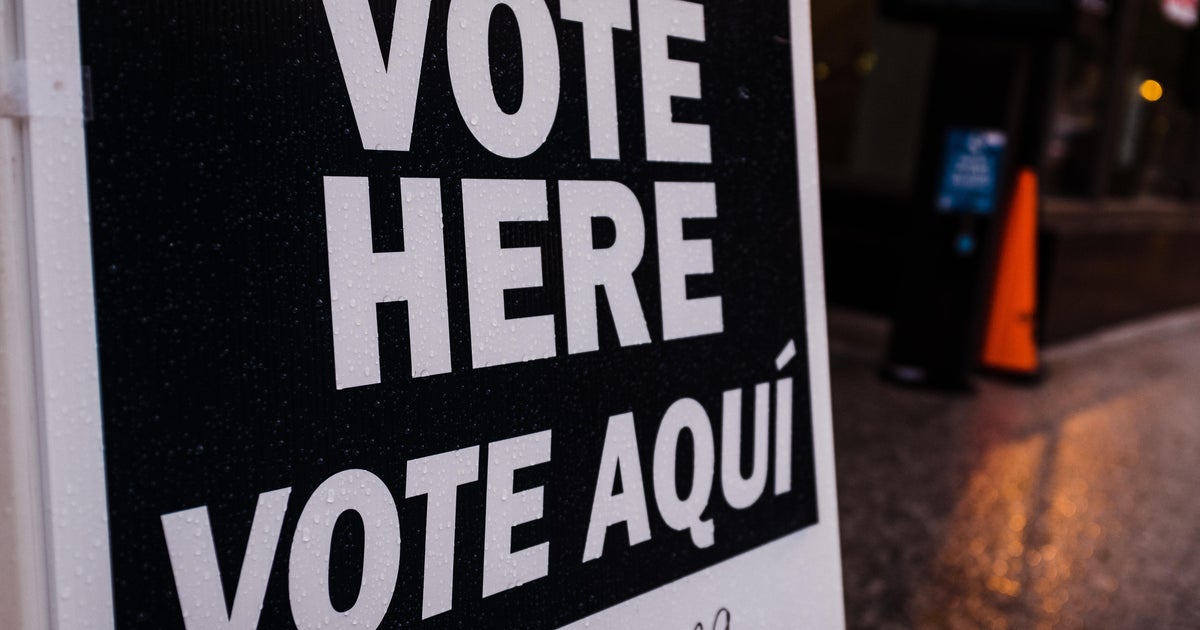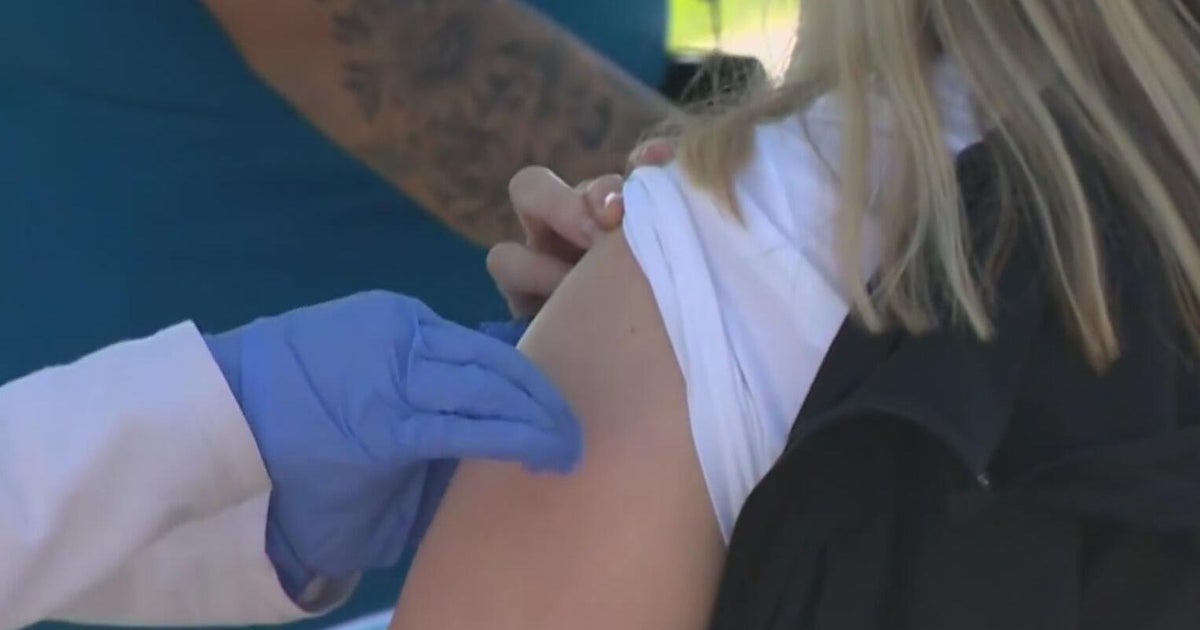Minn. House Poised To Vote On Deep Health Cuts
ST. PAUL, Minn. (AP) -- The Minnesota House prepared to vote Wednesday on deep cuts to projected health and welfare spending, the last in a lineup of budget bills, as Republicans who run the Legislature finished their opening offer to solve the state's $5 billion deficit.
Earlier Wednesday, the House passed a bill that would slash state agency budgets by a third while reducing the state work force 15 percent by 2015. With the Senate already done voting on its own budget bills, the spending plans for public schools, colleges, courts, prisons, job programs and more are headed to legislative negotiating panels charged with reconciling differences between the chambers' approaches.
The GOP bills spell out a framework for erasing the budget shortfall without state tax increases. But top Republicans have yet to begin serious budget talks with Democratic Gov. Mark Dayton, who wants to raise taxes for the state's top earners.
The health and social services bill would bring sweeping changes to Minnesota health programs while cutting spending by $1.7 billion from projected levels in the next two years.
It would unravel a Medicaid expansion Dayton ordered this year for 100,000 vulnerable adults, eliminate MinnesotaCare coverage for 7,200 adults and give other MinnesotaCare enrollees subsidies to buy private insurance. It counts on saving $300 million by getting federal permission to tinker with Medicaid, known in the state as Medical Assistance. Services for disabled people would also be cut significantly from projected spending levels.
Rep. Jim Abeler, R-Anoka, the bill's sponsor, said big changes are needed to curb the fastest-growing area of state spending.
"If you think nothing can change in this area and that will be fine, you are woefully mistaken," he said.
Dayton's top advisers raised objections. Human Services Commissioner Lucinda Jesson said $750 million of the cuts are unsubstantiated by state fiscal analysts and the rollback of the Medicaid expansion would result in the loss of $1.3 billion in federal money over three years. Health Commissioner Ed Ehlinger predicted the bill would undo big pieces of a health care overhaul the state adopted in 2008, including stripping funding for prevention programs and efforts to save money by better coordinating patient care.
Debate was slow to start on the bill, with the House recessing for two hours Wednesday evening. A final vote was likely to come early Thursday.
Earlier, the House passed the state government bill on a party-line vote of 72-61. The bill would cut state agency spending 34 percent in the next two years, requiring a 12 percent reduction in the state work force by mid-2013 and another 3 percent reduction by 2015.
Republicans said the bill would slim state bureaucracy while Democrats bashed it for cutting state workers.
"We can't afford to lose a single middle-class job," said Rep. Kerry Gauthier, DFL-Duluth.
Rep. Morrie Lanning, the bill's sponsor, denied Democratic suggestions that the bill was an assault on state workers.
"The problem is not state employees," said Lanning, R-Moorhead. "The problem is our deficit. The problem is we cannot avoid spending reductions."
Only agencies serving veterans would be spared the spending cuts. The bill also would start a commission to review unnecessary state programs and spending, beef up tax collection, reduce middle managers at state agencies, implement a performance-based pay measure for state workers and outsource some services.
Lawmakers and Dayton have until May 23 to agree on a budget during the regular legislative session. The current budget cycle terminates at the end of June.
(© Copyright 2011 The Associated Press. All Rights Reserved. This material may not be published, broadcast, rewritten or redistributed.)







